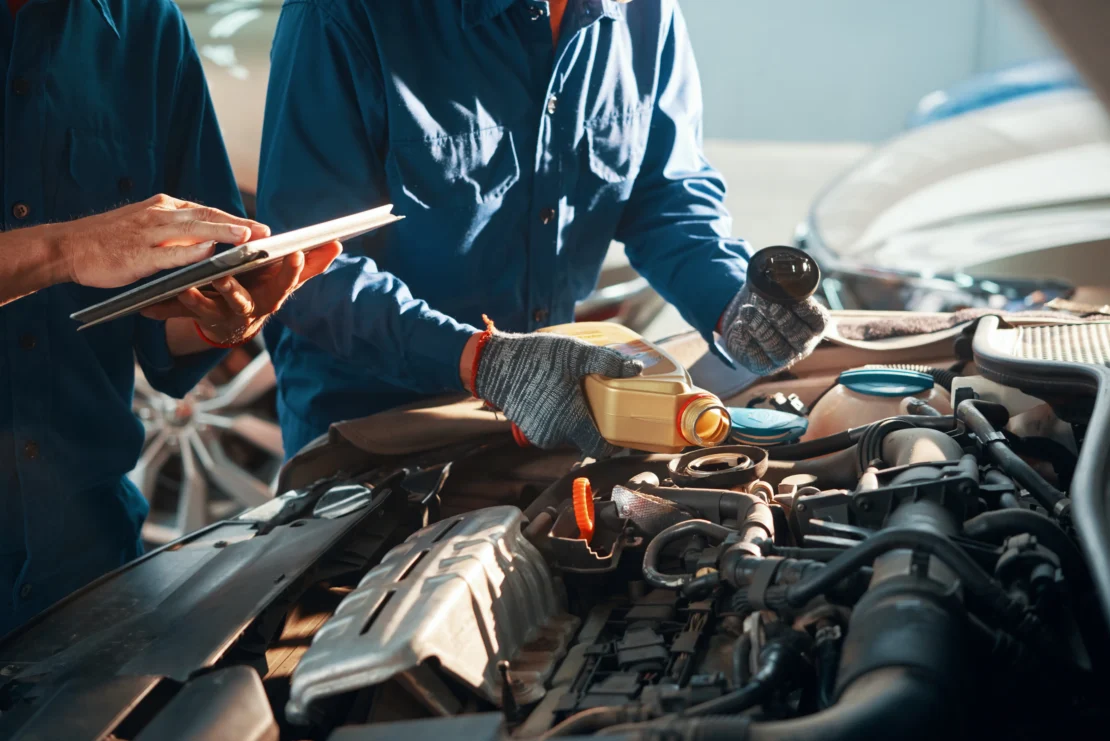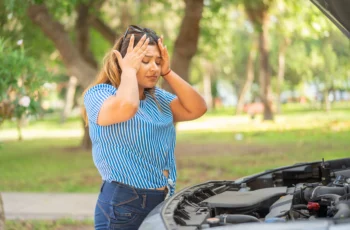Are Extended Warranties on Used Cars Worth It?
Are Extended Warranties on Used Cars Worth It?
Are extended warranties on used cars worth it? This article untangles scam from reality and lays out the pros and cons of a warranty on your next car.
SORTING THROUGH GOOD AND BAD USED CAR EXTENDED WARRANTIES
U nfortunately, there are a lot of warranty scams out there, and even those warranties offered by new and used car dealers can have a lot of strings attached. A quick web search of the name of the warranty you’re looking to buy can be a good start, but even then, you’ll likely want to read through the fine print.
One of the most common catches is a warranty that will only cover or reimburse for services performed at a particular chain or network of repair shops. Unless you are comfortable with having a particular shop work on your vehicle for the entirety of the warranty, this is likely a deal-breaker.
You’ll also want to look at just how broad the coverage is. An extended warranty generally will not provide the same level of coverage as the original warranty provided by the car manufacturer when the vehicle was new. Instead, the extended warranty may only look at powertrain components (engine, transmission, and axles), leaving you out of luck if, say, one of the power window switches fails or the infotainment display goes blank.
One rule to keep in mind is that quality used car extended warranty providers typically will not call you with a recorded message to warn you that your existing warranty is almost up.
WHEN TO CONSIDER PURCHASING A USED CAR WARRANTY
There is no firm line in the sand when it comes to extended warranty coverage for a used car. Even a vehicle with a good reliability record, a clean pre-purchase inspection, and a stack of records showing meticulous care from its previous owner can have a costly item fail.
Looking at reliability ratings when you purchase a used car can give you a glimpse into whether the car will need major repairs over the course of an extended warranty. Of course, warranty providers know this, and they price their products accordingly. A warranty for a complicated, less-reliable model is most likely going to cost more than similar coverage for a simple car with a stellar reputation.
You’ll also want to look closely at the amount of factory-backed coverage still remaining on a used car you currently own or plan to buy. Powertrain warranties, in particular, can often run longer than the standard “bumper-to-bumper” coverage that replaces electrical and trim components. To find out how much coverage is left, call a dealership service department or the customer service hotline for the manufacturer and provide them with the 17-digit vehicle identification number (VIN).
CALCULATING THE COSTS OF A USED CAR EXTENDED WARRANTY
By their very nature, extended warranties are something of a gamble. You can’t predict just how much your car is going to cost you in repairs down the road, of course, but you can get an idea of how frequently you may expect to encounter major repairs.
Today’s cars can rely on complicated and costly parts to ensure that all systems function. Even the failure of a small sensor can leave you stranded and take a qualified mechanic hours to replace.
You can, however, prepare to repair the items that commonly fail in your vehicle. From there, you can contact shops for an estimate of how much those items might cost to replace. If a sensor failure commonly occurs around 50,000 miles and it costs $500 to replace, then you know the warranty will at least cover that item.
CONSIDERING THE DEDUCTIBLE ON A USED CAR EXTENDED WARRANTY
Most used car extended warranties will require you to shell out a deductible with every claim. A higher deductible will make for a less costly warranty, but it can also invalidate the peace of mind provided by the coverage, especially if you use it often.
In some cases, it can make some sense to hold back on having smaller fixes that don’t affect the drivability or safety of the vehicle until you can combine them at one service visit with a single deductible.
A high deductible alone can be the deciding factor in your quest to answer the question, “are extended warranties on used cars worth it for me?”
OTHER CONSIDERABLE THINGS TO NOTE
- An extended warranty generally won’t cover any typical wear items, such as tires, brake pads, rotors, or rubber belts. It may, however, include a provision for roadside assistance.
- Some extended car warranties are transferable for free or for a small fee. Depending on how comprehensive the coverage is, this can be an added value when you decide to sell your car. Although typically, warranties are only transferable when you sell a vehicle to another private party.
- Similarly, some warranties will refund you at least a small amount of money if you cancel the warranty before its expiration date. If you plan to sell or trade your car before the warranty expires, you may be able to get a refund.
- Finally, if there’s a particular component that you know is a vehicle’s Achilles’ heel when it comes to reliability, there’s always a chance that the automaker is aware of this and has extended its own warranty to cover repairs down the road. Asking a dealership or a customer service hotline about extended coverage for any specific components may save you a bundle.



